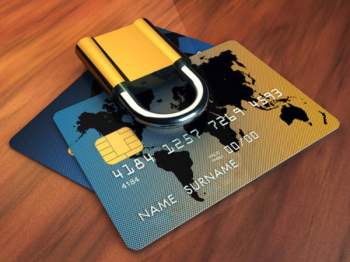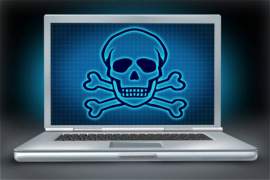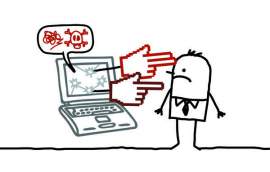
Phishing Explained

What is Phishing?
Due to the constant evolution of Cyber Law, the question asking ‘What is Phishing?’ is commonplace with regard to the growing reliance and utilization of the Internet and Online Marketplace. The criminal activity known as Phishing is classified as a variety of fraud that exists within a digital, virtual, or electronic network setting.
The act of Phishing is the undertaking of unlawful, unethical, and illegal means facilitated by individuals with the intention of soliciting private, personal, and privileged information from individuals unfamiliar, unsuspecting, or unaware of the Phishing operation taking place.
What is Phishing-based Solicitation?
The illegal and unlawful attempt to obtain restricted, unauthorized, and privileged information through means of fraudulent and communicative requests is the primary methodology innate within Phishing Scams. Phishing Scams typically take place through the following means:
The individuals masterminding a Phishing scam will purposefully misrepresent themselves within a fraudulent light, oftentimes posing as representatives of reputable and official businesses. Fraudulent e-mail addresses emulating those of reputable companies and business will be created within a Phishing Scam in order to solicit financial or account information.
The unsuspecting victim of a Phishing scam may be unaware of the policies of operations undertaken by certain companies, and thus may provide their personal information. However, a bulk of legitimate businesses and companies adamantly maintain that personal information will never be discussed through electronic correspondence.
What is Phishing Legislature and Legality?
Phishing crimes and scams are primarily regulated through the implementation of the precepts and legislation expressed within the tenets of Cyber Law and Commercial Law. Online business and electronic-based commercial activity conducted through the internet has allowed for transactions once limited to physical interaction to be conducted on an entirely virtual basis.
What is Phishing Cyber Law?
Crimes such as Phishing, as well as other means of electronic fraud, rely heavily on the Internet and online activity. As a result, the regulations and oversight of this type of activity has been expressed in the spectrum of Cyber Law, which is also known as Internet Law. Cyber Law is a fairly expansive legal field that consists of a variety of avenues and jurisdictions, including the ethical and moral use of the Internet for lawful and legal purposes.
What is Phishing Commercial Law?
Commercial Law – and more specifically, commercial law responsible for the oversight and regulation of commercial activity taking place within an online, virtual setting – includes commercial endeavors and efforts enacted with regard to the conducting of business in a virtual commercial setting, typically rooted in the facilitation of opportunities to participate in the manufacturing, distribution, production, consultation, and management within the setting of the virtual marketplace.
What is Phishing Prevention?
In the event that an individual has been made the victim, or recipient, of Phishing-based solicitation, they are encouraged to contact the Federal Trade Commission. The Federal Trade Commission is a Federal institution mandated by the United States Government responsible for the maintenance, protection, and regulation of commercial activity undertaken within the commercial marketplace.
The Federal Trade Commission can be reached through their toll-free telephone number: (202) 326-2222. Reporting Phishing violations can be conducted in an anonymous fashion.
NEXT: What You Need To Know About The Origins of Phishing



















